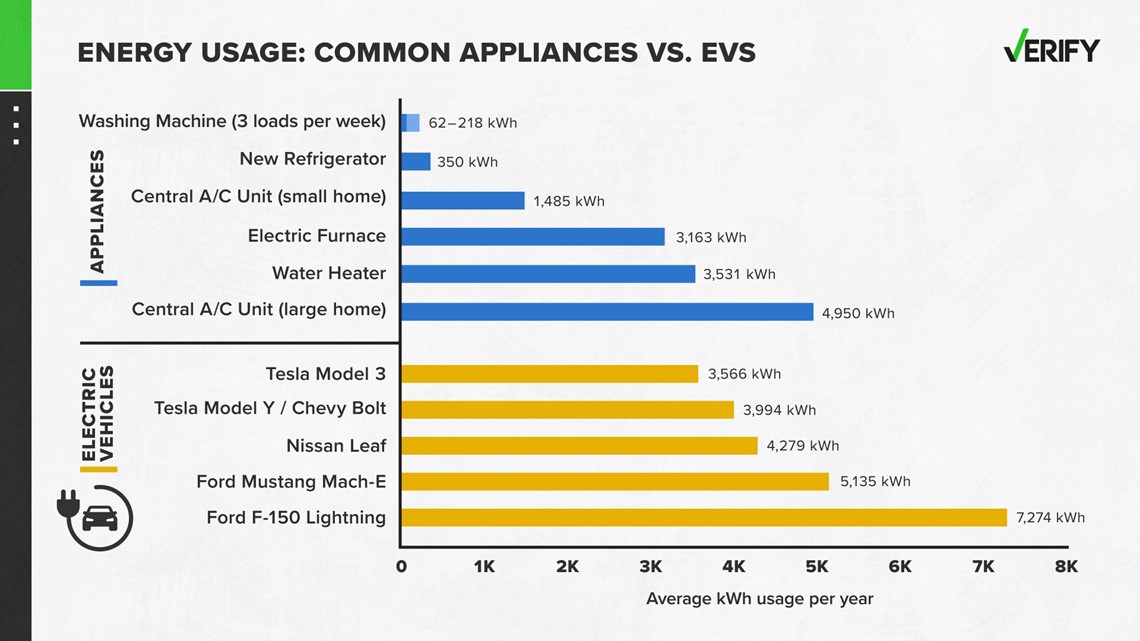I live in northern VA, my utility company offered the OffPeak / Peak charging plan.
The cost was 7cents off peak rate and 22 cents peak rate.
If I stay on my current plan my all time rate is 13cents.
We tried hard to follow the self established rules not to use unnecessary power during peak hours. Few thing were beyond control, like HVAC can't be stopped, the refrigerator, sump pump etc can't be turned off during peak hours. Only thing we could control was the laundry, dishwasher and EV charging.
Upon seeing the first month comparison, we got $130 more than my usual bill.
Tried further hard by setting the thermostat by few degrees, but second month it was $158 more than usual bill.
I tried to opt-out but was told that if you optout during the month, it will take effect from the next billing cycle. so I end up in this plan for another month, which cost me another $120 more than my usual bill.
Lower rate for EV charging during night, might be very little difference on your bill. the huge hit is your other utilities, like HVAC/heating or other heavy appliances. It also depends on the weather temperature too, if one month you AC kicked in more, and its during peak hours, then you are screwed.
It may saved you few if you can turned off hvac during the peak time, in my case, everybody stays home, doing remote work, and turning off hvac is not an option for me.





